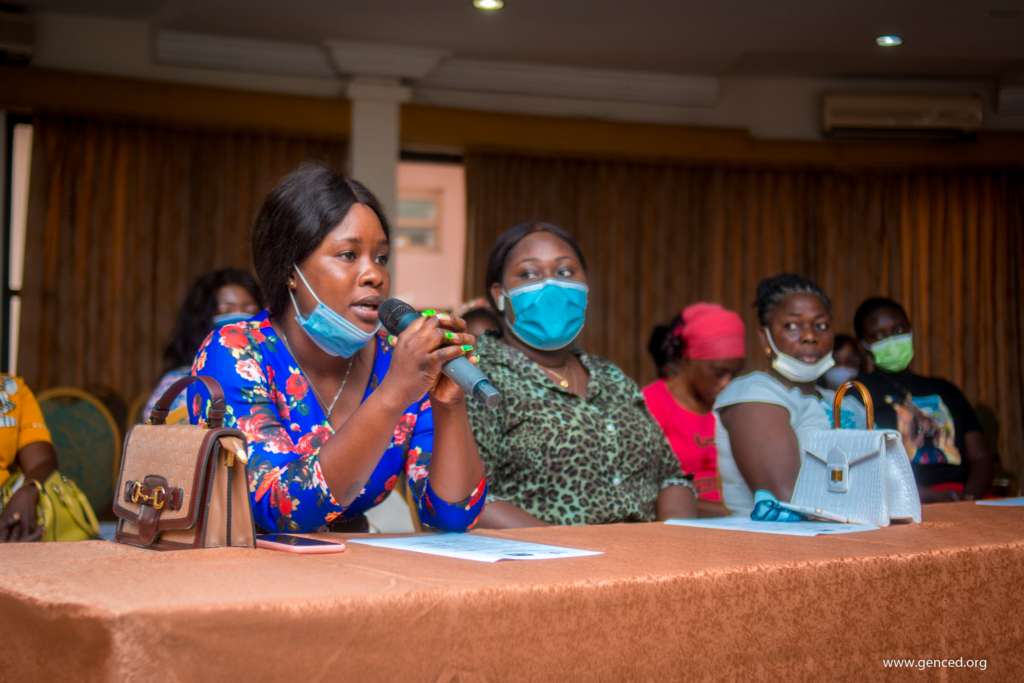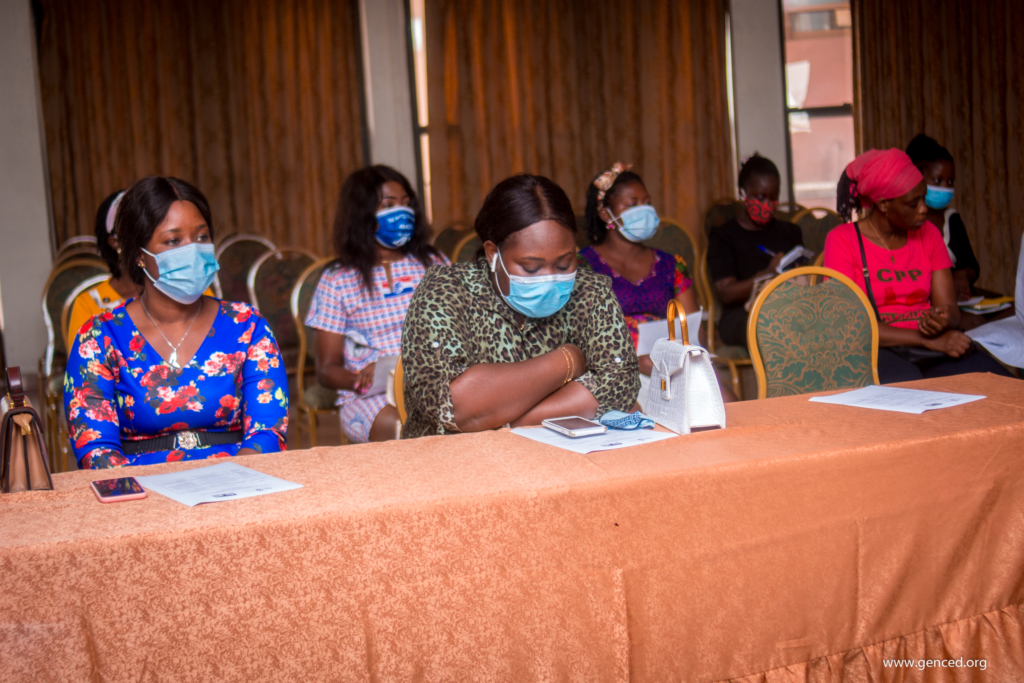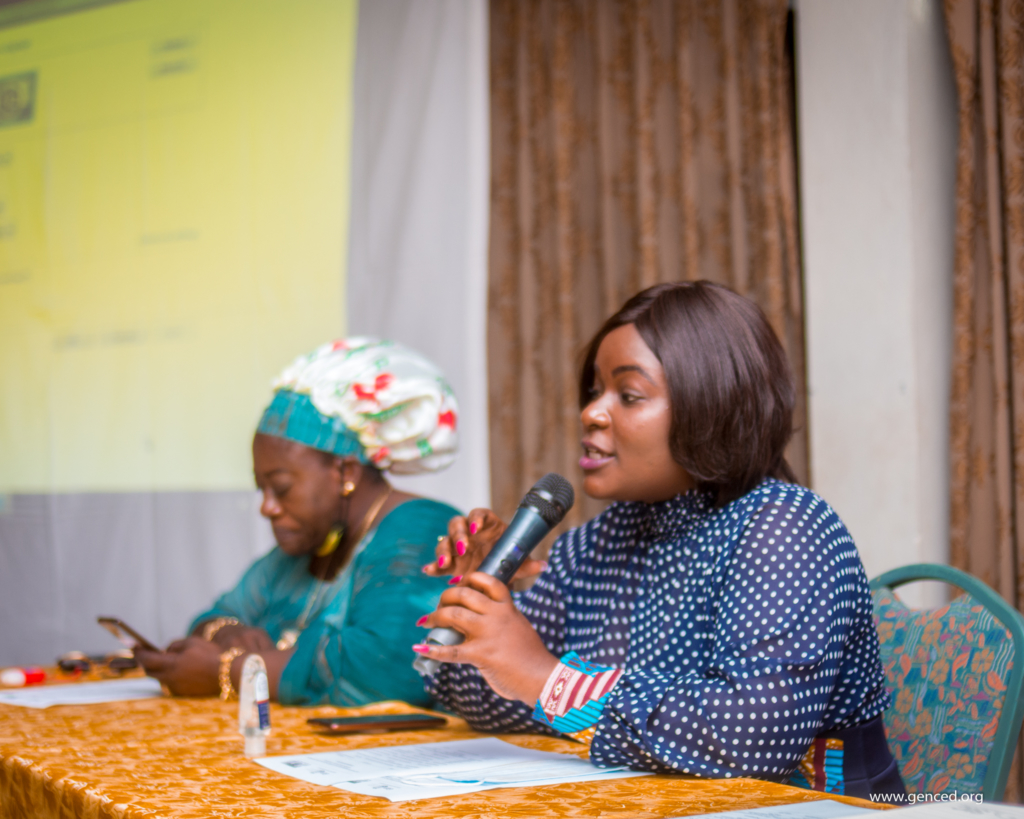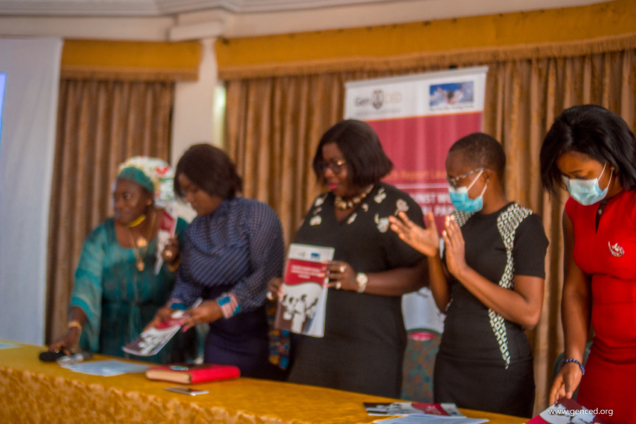About 46.2 percent of women in politics suffer verbal abuse as compared to their male counterparts, a research report by the Gender Centre for Empowering Development (GenCED), a Civil Society Organisation stated.
The report also indicates that another 26.3 percent go through psychological abuse, Mr. Henry Nii Kwao, Communications Officer of GenCED stated in Accra, at the launch of the report.
The report which was on violence against women within political parties identified that verbal abuse was on the higher side because victims could not prove it in court.
The research attributed the causes of gender-based violence to norms of the larger African-society including Ghana.
At the family level, married women are discouraged from divorcing partners-even in violent cases, adding that this had over the years appeared like an endorsement for gender-based violence and had migrated into Ghana’s democracy.
The research which was conducted in the Ashanti and Greater Accra Regions revealed that whilst 18.6 percent of the victims were sexually abused, nine percent were physically assaulted.

He explained that the two regions were selected because there were more activities of women participation in politics.
Mr. Kwao said the research, which explored the perceptions about violence against women (VAW) in politics, examined the forms of violence women in politics encounter and identified the way forward to mitigate or eliminate it.
“It touched on the composition of activities, structures, and processes of major political parties and relied on qualitative research design, used focused group discussions as the primary medium of data collection,” he added.
He said a non-probabilistic method was used to determine the sampling size, whereby 100 respondents were engaged in face-to-face interviews, targeted at a specific group of women in active politics, in the target areas of concern.

Topics handled were; understanding of violence against women in political parties, the practice of gender-based violence against women in political parties, causes of gender-based violence in political parties, effects of gender-based violence on women in political space, experiences of gender-based violence, and reaction by victims, internal and external policies against gender-based violence towards women in politics.
The research said the effects of the violence did not only lower their self-esteem but also made them depressed, decreased their interest in politics as well as affected their family and friends.
Out of the 59 victims who had experienced it, only 13 had reported the matter to their political parties for fear of stigmatization and victimisation, and was handled at their level.

It is recommended that parties should develop proper ways of reporting the abuse, institute laws to punish culprits, establish strong internal policies, and change the political culture.
Ms. Esther Tawiah Executive Director of GenCED called on political parties to allow women to penetrate male-dominated positions as they were of the majority and must be part of the decision-making process.
The launch attracted women leaders in the Convention People’s Party, New Patriotic Party, National Democratic Congress, among others.
Latest Stories
-
There are more women than men, but there’s a man for every woman – Rev. Nana Yaa
8 minutes -
Nii Kwei releases ‘The Praise Medley’, a celebration of God’s goodness
14 minutes -
Mistakes in team composition can be costly, pray for us – Fifi Kwetey appeals to Ghanaians
14 minutes -
Mahama forms 5-member Hajj task force to cut pilgrimage costs
38 minutes -
Fuel shortage hits Sissala East and West Districts
54 minutes -
President Mahama orders immediate probe into 2020 and 2024 election fatalities
58 minutes -
Ken Thompson applauds John Mahama’s initial ministerial appointments
1 hour -
Shatana drops new single “Monicitamol” to inspire women
1 hour -
Mahama calls on party supporters, and others fomenting trouble to act responsibly
1 hour -
We’ll have 2 holidays for Eid al-Fitr celebrations this year – Mahama
1 hour -
Effiduasi market women hit streets in demand for access to stalls after paying contractor
2 hours -
GNAT urges gov’t to prioritise education sector challenges just as it’s tackling energy issues
2 hours -
Free SHS can’t continue; parents must pay for feeding, accommodation – NAGRAT President
2 hours -
Mahama demands update from IGP on election-related deaths in 2020, 2024
2 hours -
It’s a boy! Moses Bliss and wife welcome first child
2 hours

